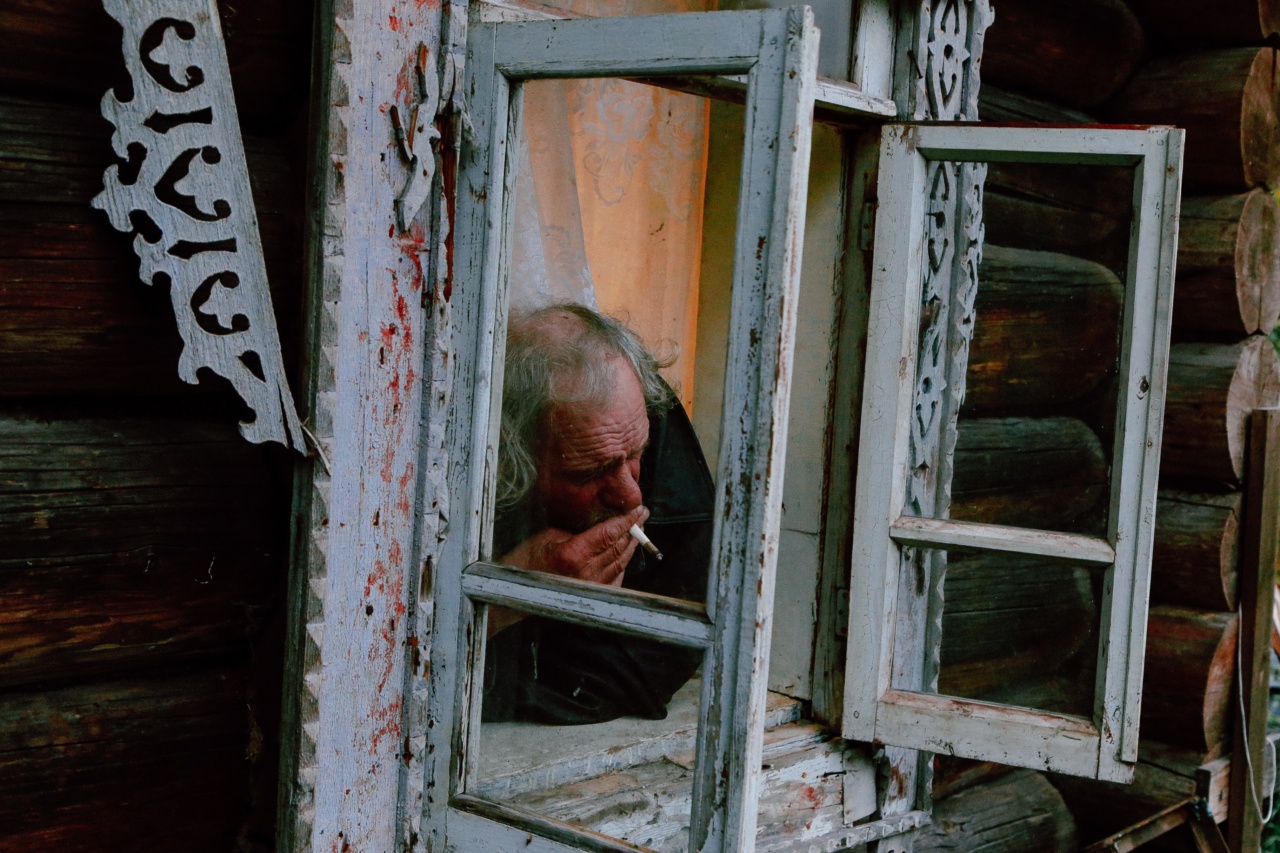Sneezing is a natural reflex that helps clear your nose of irritants like dust and pollen. When you sneeze, your body expels air from your lungs through your nose at a high speed.
It’s estimated that a sneeze can travel up to 100 miles per hour, and can spread germs up to 30 feet away. While it’s important to sneeze and clear your airways, it’s crucial to do so safely. One of the most dangerous habits is not letting out your sneezes properly.
What Happens When You Hold Your Sneezes
Holding your sneezes is a common habit, but it can cause serious damage to your body. When you sneeze, the pressure in your nasal cavity and sinuses increases.
By holding your sneeze, you block the natural expulsion of air and mucus from your body, which can cause the pressure to build up even more. This can lead to a host of health problems, including:.
- Ear infections
- Damage to blood vessels and muscles in your head and neck
- Damage to your lungs and airways
- Damage to your esophagus and stomach
How to Properly Let Out Your Sneezes
The best way to let out your sneezes is to do so safely. Here are some tips to make sure you’re clearing your airways without endangering yourself or others:.
- Cover your mouth and nose with a tissue or your elbow
- Avoid sneezing into your hands, as this can spread germs
- Use a tissue to blow your nose after sneezing
- Wash your hands thoroughly after sneezing to prevent the spread of germs
Why It’s Dangerous to Not Let Out Your Sneezes
Not letting out your sneezes properly isn’t just dangerous for your own health – it can also put others at risk.
When you hold in your sneezes, the pressure build-up can cause damage to your lungs and airways, making you more susceptible to respiratory illnesses like pneumonia and bronchitis. It can also spread germs to others and increase the risk of infection.
The Importance of Proper Hygiene
In addition to letting out your sneezes properly, it’s important to practice good hygiene to prevent the spread of germs. This means:.
- Washing your hands frequently with soap and water for at least 20 seconds
- Using hand sanitizer when soap and water aren’t available
- Avoiding touching your face, especially your eyes, nose, and mouth
- Cleaning and disinfecting frequently-touched surfaces regularly
Conclusion
Sneezing is a natural reflex that helps clear your airways, but it’s important to do so safely. Holding in your sneezes can cause serious health problems and spread germs to others.
Make sure to cover your mouth and nose when sneezing, use a tissue to blow your nose, and practice good hygiene to prevent the spread of germs.































